I love to cook! And I also must confess, I have a bit of an obsession with collecting cookbooks. I can't visit a bookstore without browsing through their cooking section, especially looking for any "bargain titles" or books on different cuisines that I don't already have covered in my library.
And yet, as much as I love cookbooks, I have to admit that often when I'm trying to decide what to prepare for dinner, I end up going online to browse recipes instead. In a few seconds on Google I can search through and find hundreds of recipes that match the ingredients I have on-hand, see pictures of them, read user reviews - and perhaps come up with my own ideas combining one recipe's elements with another's. In many ways it seems simpler than trying to thumb through one of my 300+ cookbooks (and hundreds more magazines) to find what I feel like making tonight.


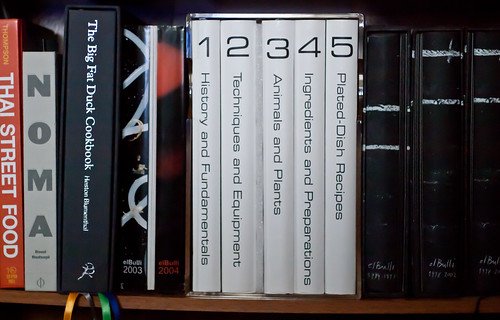





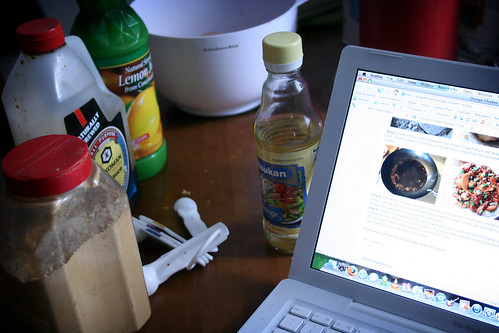


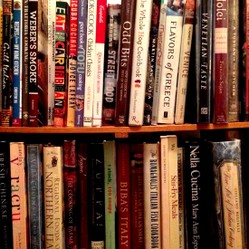

 A Potentially Fatal Accident in the Homeon 11/24/2018
A Potentially Fatal Accident in the Homeon 11/24/2018
 Windsurfing Lessons on Montserrat: One of My Funniest—and Fondest—Travel Memorieson 11/20/2018
Windsurfing Lessons on Montserrat: One of My Funniest—and Fondest—Travel Memorieson 11/20/2018
 Christmas Ornaments Celebrating Rome, Italyon 11/12/2018
Christmas Ornaments Celebrating Rome, Italyon 11/12/2018
 Philadelphia-Themed Christmas Ornamentson 11/09/2018
Philadelphia-Themed Christmas Ornamentson 11/09/2018

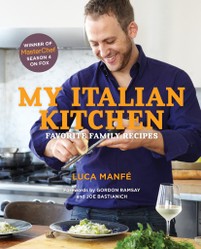
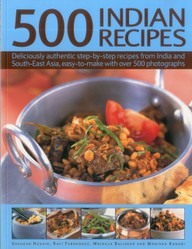
Comments
Yes, Eat Your Books is a really great service. I've been a member for a number of years now and have member-indexed several of my cookbooks for them...I only wish I had more free time for it.
I enjoyed this. I didn't know about the EatYourBooks database. What a great idea!
You make great points. I learn a lot just reading recipes. I have read far more recipes than I actually cooked, and I relish the inspiration. As for your debate, if I had enough time and money I'd definitely go for cookbooks. But as I can't buy at the moment all the ingredients I want, I have to go with what I know and with online recipes.